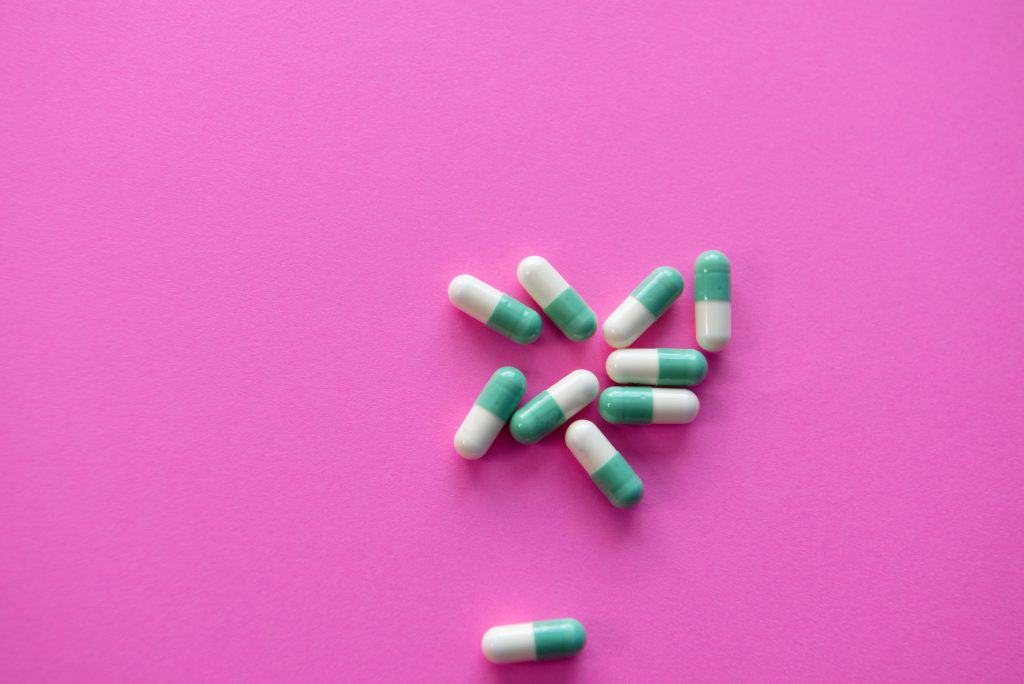
Novartis pays $245m to settle Exforge generic pay-for-delay lawsuit
pharmafile | January 4, 2023 | News story | Medical Communications |
Swiss pharma company Novartis will settle a classic generic pay-for-delay legal battle with direct purchasers, indirect purchasers and retailers regarding the delayed sale of a generic version of their drug Exforge.
Novartis will pay $245m altogether over separate settlements which, after approval by a federal judge, will “resolve all outstanding claims”, according to the press release. However, the retailer class, including pharmacies like Walgreens and CVS, doesn’t require court approval and will remain confidential.
Pay-for-delay challenges are common in the pharma industry. In 2022, AbbVie, AstraZeneca and Takeda all found themselves in legal trouble, with AbbVie paying a $54m settlement regarding its Alzheimer’s drug Namenda.
This litigation is centred around a deal Novartis and Par signed in 2011. Par agreed not to launch a generic version of Exforge until September 2014 ‒ more than two years after the expiration of the patent for Exforge. In return, Novartis agreed not to launch an authorised generic version of Exforge within the 180-day exclusivity period the FDA granted Par for their copycat version of Exforge.
Plaintiffs argue that, without this deal, Par would have launched its generic as early as September 2012 ‒ when the patent expired ‒ or at the latest March 2013, when the generic got its final FDA approval. They claim that, due to this agreement, they were forced to pay more for brand and generic Exforge than they otherwise would have, and that this violates federal antitrust laws.
Despite agreeing to the settlement, Novartis maintains their denial of all allegations and of any wrongdoing.
Novaris has had its fair share of payouts over the past few years. 2020 saw a $729m settlement to end litigation alleging the company was using fake speaker programmes and events to boost prescriptions of its drugs, including Exforge; a payment of $347m and admission to bribing doctors in several countries, and $195m as part of an industry-wide generics price-fixing scheme.
James Spargo






